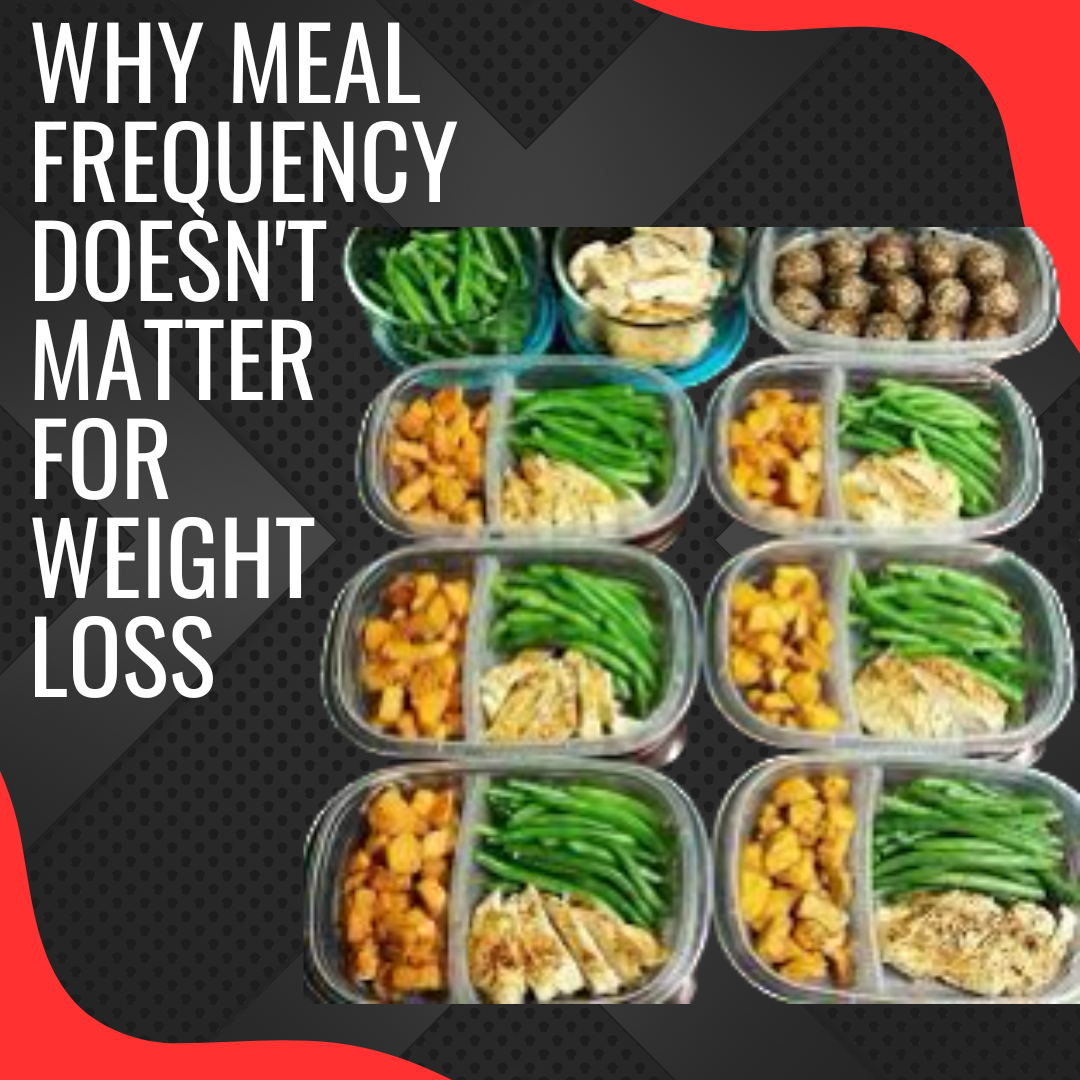Why Meal Frequency Doesn’t Matter for Weight Loss: The Importance of Calorie Deficits
When it comes to weight loss, the internet is awash with advice on what to eat, how much to eat, and when to eat it. One of the age-old debates in the world of diet and nutrition is the frequency of meals. Some swear by multiple small meals a day, while others opt for intermittent fasting with just a few large meals. But the truth is, when it comes to shedding those extra pounds, it’s not so much about how many meals you have, but rather the calorie deficit you create.
The Role of Metabolism
Metabolism, often discussed in these debates, refers to the processes that convert the food you eat into energy. Your Total Daily Energy Expenditure (TDEE) is the total number of calories your body needs to maintain its current weight. It includes your Basal Metabolic Rate (BMR), which is the number of calories your body needs to perform basic functions at rest, and factors in your physical activity level.
The concept of metabolism is important because it’s your baseline for calorie maintenance. If you consume the same number of calories as your TDEE, you’ll maintain your current weight. If you consume more, you gain weight, and if you consume fewer calories, you lose weight.
Calorie Deficit: The Key to Weight Loss
The secret to effective weight loss is creating a calorie deficit. This means you consume fewer calories than your body needs to maintain its current weight. It’s a fundamental principle, and it’s where the real magic happens.
The beauty of a calorie deficit is that it allows flexibility in your meal patterns. You can distribute your daily calories across two, three, or six meals—it doesn’t matter. As long as you maintain the deficit, you’ll lose weight. You can have breakfast, brunch, lunch, dinner, and snacks in between, or you can opt for an intermittent fasting approach with just a couple of larger meals. It’s about what suits your lifestyle and preferences.
Meal Frequency and Personal Preferences
It’s crucial to highlight that meal frequency plays a role in adherence. Some individuals find it easier to control their appetite and stick to their calorie goals with more frequent, smaller meals, while others thrive on a reduced meal frequency. What’s most important is consistency and sustainability. If you enjoy three square meals a day or prefer grazing throughout the day, it’s perfectly fine. The key is to make sure your daily calorie intake aligns with your weight loss goals.
Quality and Nutrient Balance
While meal frequency doesn’t have a direct impact on weight loss, the quality and nutrient balance of your meals matter. Opt for whole, nutrient-dense foods, including plenty of fruits, vegetables, lean proteins, and healthy fats. These choices not only support your weight loss goals but also contribute to overall health and well-being.
In Conclusion
In the world of weight loss, it’s easy to get caught up in the minor details, such as meal frequency. However, the primary factor that influences your success in shedding those extra pounds is the calorie deficit you create. Whether you prefer three large meals, six small ones, or intermittent fasting, it’s all about personal preference and adherence. So, feel free to design a meal pattern that works for you while keeping your calorie deficit in check. Remember, what matters most is achieving your weight loss goals in a sustainable and healthy way.

Leave A Comment